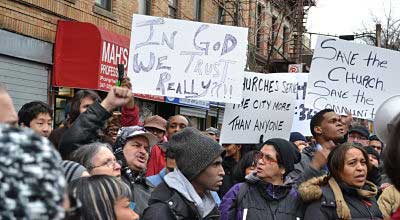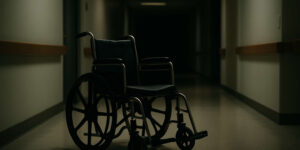New York Churches Win Victory in Public School Rental Battle
Churches can continue meeting for worship services in New York City public schools—at least for now.
The Alliance Defense Fund (ADF) emerged victorious in its argument for a temporary restraining order against a New York ruling that bans churches renting public schools. The temporary restraining order stays the eviction for 10 days while the U.S. District Court for the Southern District of New York considers constitutional arguments about the city’s unique-in-the-nation prohibition on worship services in vacant public school buildings on weekends.
“Churches help communities; evicting churches hurts communities. Empty buildings offer nothing to communities that need hope,” says Jordan Lorence, ADF senior counsel who argued before the court on Tuesday. “The court’s order is a message of hope for fundamental freedoms in New York City because it means that, for the time being, the city must welcome churches as it does other groups.”
ADF sought the order on Feb. 3 to stop the evictions based on violations of the First Amendment that had not been ruled on previously in the case, Bronx Household of Faith v. Board of Education of the City of New York. According to the court, it issued the order because “the Plaintiffs have demonstrated irreparable harm and a likelihood of success on the merits of their Free Exercise and Establishment Clause claims.”
Many New York City churchgoers have been protesting the city’s plans to evict them ever since the U.S. Supreme Court declined to take up the case on free speech grounds on Dec. 5 of last year. A bill that would compel the city’s Department of Education to allow the worship services passed the state senate this month and is awaiting action by the state assembly.
“This order from the court in no way should stop efforts by the New York Legislature to overturn this policy,” Lorence explains. “The courts have consistently ruled that the Constitution does not require New York City to ban religious worship services, so the city or the state legislature is free to repeal the policy.”







































